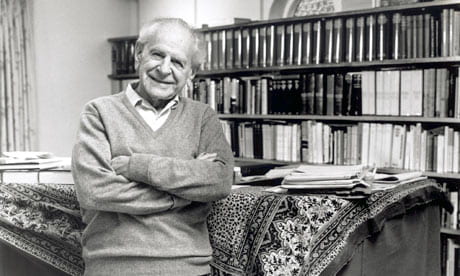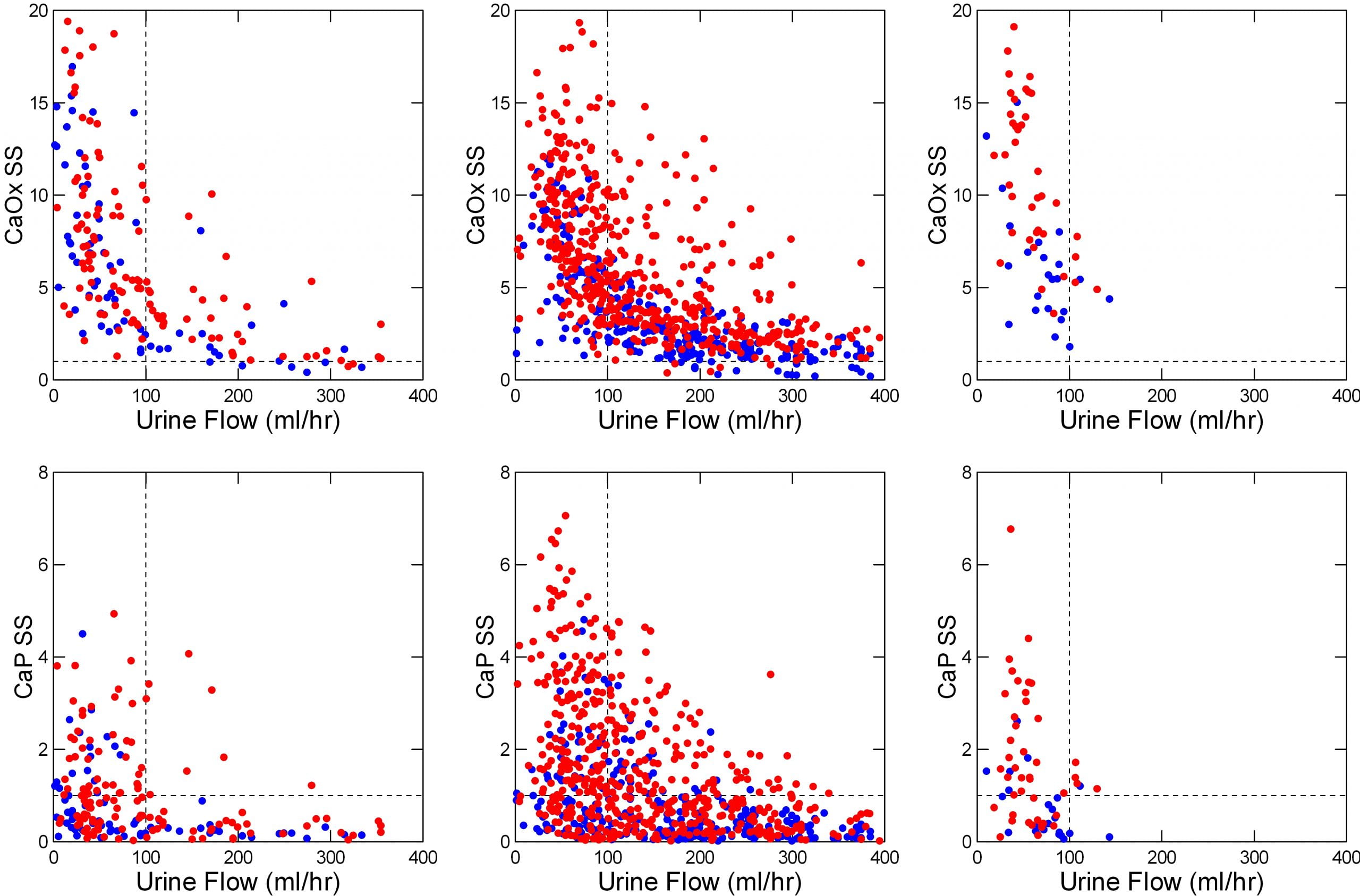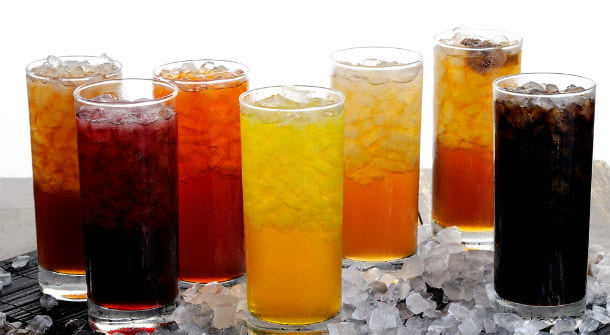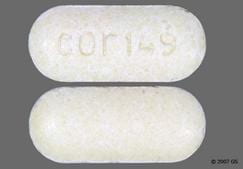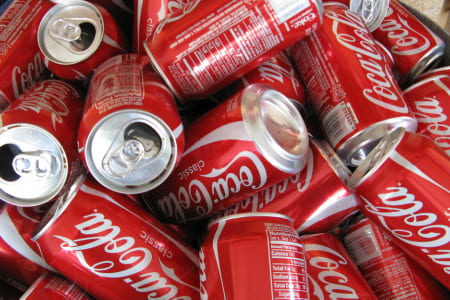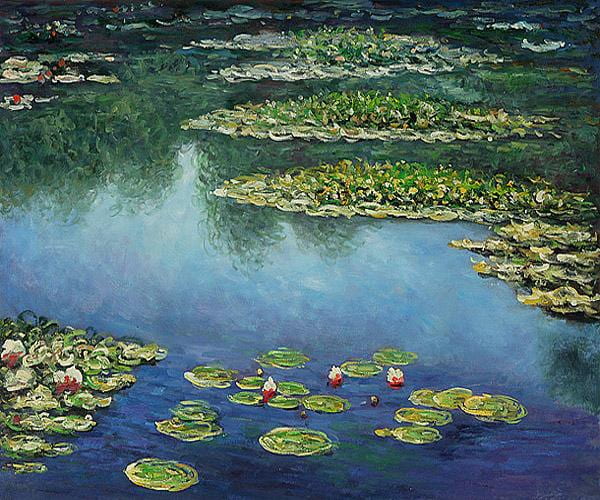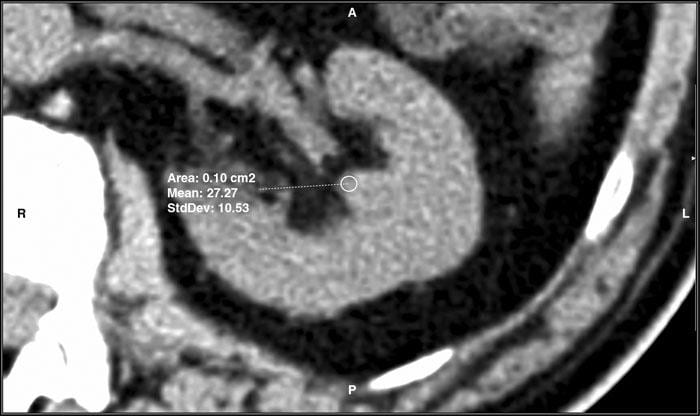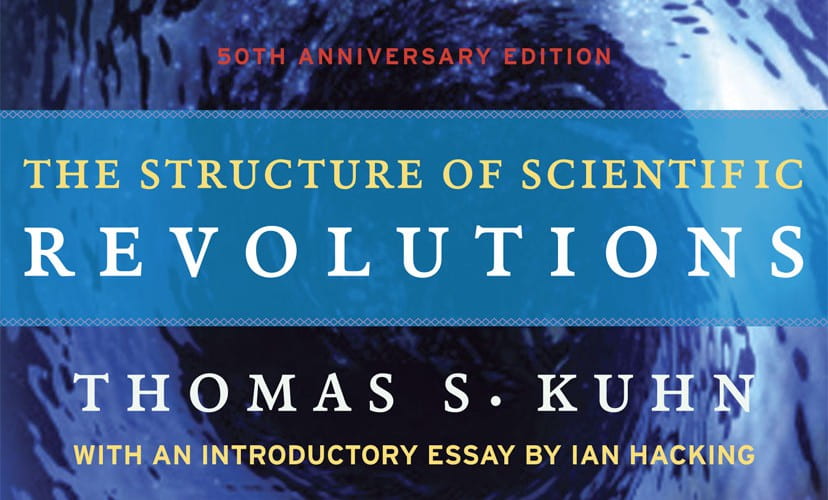
For Scientists
Content Collections
Guide Book
Video Collection
New Book
Articles For Patients
ACP GUIDELINES: FLUIDS
The American College of Physicians has published its Clinical Guidelines on dietary and pharmacological management of kidney stones in adults. My purposes are to place the results of their deliberations in clinical context and also draw some conclusions about research...
BASIC SCIENCE IN MEDICAL PRACTICE
WHAT IS THE QUESTION? I understand that some physicians are skilled basic scientists, and that many physicians enjoy reading about basic science. But how does a knowledge of basic science benefit the patients of physicians who have such knowledge? There are two parts...
SCIENCE AND MEDICINE
Three Sciences of Medicine Certainly we all agree that modern medicine takes its power from science. One kind of science concerns how we can do things. Let me call it 'applied science' for want of a name. The other kind concerns how nature does things. This is often...
FLUID PRESCRIPTION FOR KIDNEY STONES
How does anyone really know the amount of fluids you need for stone prevention? Dr. Elaine Worcester and I have put together much of what is known about the topic and offer some reasonable guidelines. Our caveat: These are guidelines, but have your physician do the final decision. Not everyone can drink large amounts of fluids, and not every patient needs the maximum amount, either.
A THIRST FOR VARIETY
Well and good to say, ‘Drink 3 liters of water a day to prevent kidney stones’, and go on to something else. It is another to accomplish that feat. Don’t some drinks raise stone risk – like coffee and tea? What about Coke, diet drinks, beer and wine? Is anyone supposed to make do on all water? Here is a post by Jill Harris that offers answers and even daily menus of beverages. As things turn out, there are a lot of choices, a lot of ways to get in all that fluid, every day.
PRICE OF POTASSIUM CITRATE
I never have been a remarkable shopper, so those who know me well might wonder at a post about prices. Even so, patients have complained and wanted alternatives to potassium citrate pills which have become too costly for them. I did a bit of web shopping for retail prices, and although they vary, even the lowest seem too high for most budgets. A very brief look at insurance plans under Medicare: Some plans just pay the whole bill; some charge $10.00 for 100 pills; some charge a percentage of retail; some do not pay. So I have put together alternatives which taken in aggregate permit everyone to piece together a replacement for all or at least some fraction of these pills whose price has become just too high.
THE COKE TREATMENT IS USELESS
The Web abounds in lore about kidney stones, perhaps because stones are common, and perhaps because they are painful and people want remedies. This particular remedy caught the eye of Dr. Anna Zisman because one of her patients read about it, tried it, and seemed to get worse instead of better. She did some research on the matter and decided it was worth while to let patients know that the treatment is not ideal and possibly can do a modest amount of harm. Her charming and useful message is typical of her critical and thoughtful analysis of medicine, and especially this tiny but active area of stone prevention.
ROLE OF INNATE IMMUNITY IN PLAQUE FORMATION
The complex but interesting featured graphic introduces aspects of the innate immune system which is present and active in the kidney and may have a role in stone genesis. Although innate immunity in kidney is a well established area of research, the specific links to...
HOW TO DRINK ENOUGH WATER
One might think nothing is easier than drinking water; my experience is that nothing is a lot harder, as least for a large fraction of patients. The new post by Jill Harris is all about how. Jill spent 12 years at Litholink corporation, now a subsidiary of LabCorp, supervising their team of telephone patient care representatives. Her team, and she herself, dealt with thousands of patients, and how to drink enough water was always a large issue. As practice will do, she has gradually built up her bag of tricks for patients, and shares some of them here, with you. Now in her own practice, Jill continues to help people prevent stones by showing them how to actually accomplish what their doctors urge them to do.
DENSE PAPILLA BY CT MAY REFLECT LOW FLUID INTAKE
Something In their Papillae Video: The Story With Less Detail The papilla is where urine leaves the kidney. It is where plaque forms, and plugs. Most calcium stones form there. Though just a few millimeters long, those few millimeters extract water and supersaturate...



